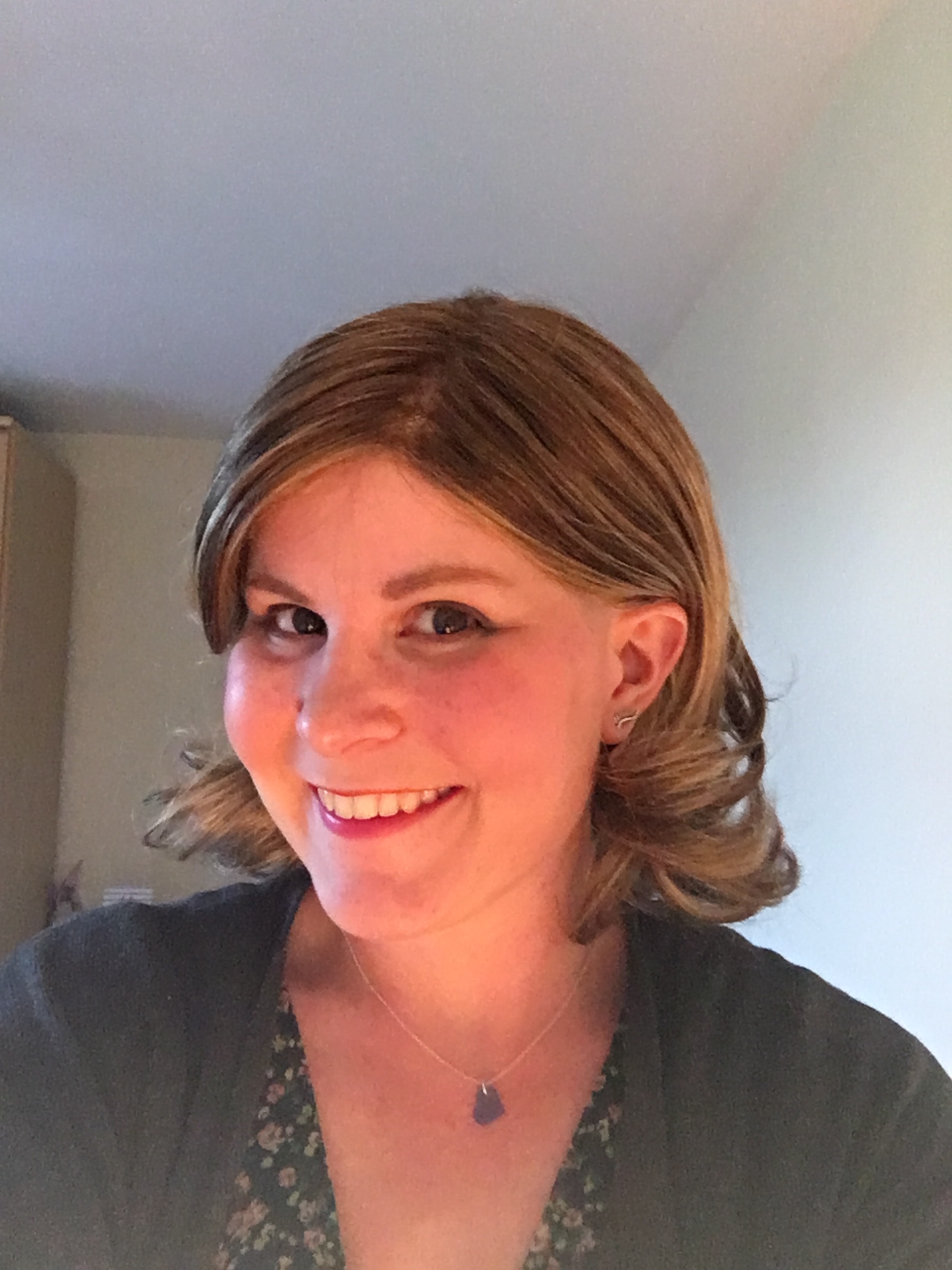 I am a medical registrar and therefore should be an asset to the current covid-19 pandemic; unlike trainees being redeployed from other specialties, acute medicine is where I have trained, and where my skills lie. I should be in the middle of the action, a trusted pair of hands doing a job I love, at a time I am most needed. As the pandemic preparations began, I assumed I would be working around the clock, seeing more patients than imaginable, and supporting colleagues as we worked in unprecedented conditions.
I am a medical registrar and therefore should be an asset to the current covid-19 pandemic; unlike trainees being redeployed from other specialties, acute medicine is where I have trained, and where my skills lie. I should be in the middle of the action, a trusted pair of hands doing a job I love, at a time I am most needed. As the pandemic preparations began, I assumed I would be working around the clock, seeing more patients than imaginable, and supporting colleagues as we worked in unprecedented conditions.
Instead, once again, I am sat at home. Last year I was diagnosed with advanced Hodgkin lymphoma, and as a result underwent several months of intensive chemotherapy, before returning to work last summer. Consequently, like many others, I must now be shielded from covid-19, and stay within my four walls for a minimum of twelve long weeks, to avoid life threatening illness.
The guilt at not being able to work clinically is almost overwhelming; my shifts must be filled, and my colleagues must pick up the slack as they risk their health to care for patients with a disease we had never heard of six months ago. As they dive in, donning their PPE and scrubbing their hands red-raw, I stay home, stood down.
As doctors, we take a variety of both public and personal oaths, promising to put patients first, to act as we are needed, and not to walk away from suffering. I have always viewed medicine as more than a job, as something almost noble, cemented deep inside my bones, and yet in the last year I have had to accept that it is my own health that calls the shots, not my lofty ideas of vocation. I am more patient than doctor, at the moment—someone who needs protection, not someone doing the protecting. This change is not always easy, and I miss the resilience of being young, healthy, and concerned only for the health of others. My new home-based duties feel like a paltry contribution to a national crisis, and though I know they will be appreciated and endeavour to view them as a second string to our collective bow, rather than second best, I miss my clinical duties greatly.
During my treatment, I learned many things, from managing a PICC line, to tying a headscarf. I also learned, unexpectedly, how to be vulnerable. There was a moment during my work-up, as I lay on a CT scanning table, when reality hit and everything became very real and very scary. I began to cry, and with my arms stretched high over my head, I had no way of wiping away the tears. A nurse did this for me, and gently reassured me. In that moment, something changed; I was not the person holding the hand, but the person needing my hand holding. I was now “someone who needs” after many years of proudly being “someone who gives.” I took a lot of pills during my treatment, but this was the most bitter. I am not sure I realised before, just how hard it is to be vulnerable, how it feels so against the grain, and so far from who I usually am. I hadn’t realised how this is a separate challenge to the diagnosis that lead to it, or how hard it is to find yourself dependent on others, both practically and emotionally. When I returned to work, this was something that changed my perspective and how I treated my patients; I had stood in their place, and knew their fears, and understood that the person breaking down in front of me was not the person they knew themselves to be.
Now, I am forced to reflect on this again, as across the nation, people close their doors, cancel their weddings, and bury their loved ones with lonely funerals far from what they might have envisaged, in order to keep me and many others alive and safe. I am now more vulnerable than ever, at a time when I should be most useful, and when I thought my health had stopped imposing limits. The sacrifices being made on a national scale to protect me, is something I never expected. Most of you reading this will have made significant changes to your lives, for people like me, who need society to draw its wings around us. My gratitude, and on occasions, envy to you who do this, is beyond description.
When this is all over, those of us currently on the back benches, will be there, I hope, to work once again, and to give those of you who have protected us some time for respite, and recovery. Until then, thank you for doing what I cannot do, so that I can survive, and in time, work alongside you, once again.
Charlotte Squires is an ST3 in acute medicine at the Borders General Hospital in Melrose, Scotland. With thanks to the Nottingham City Haematology Department, where she received her chemotherapy.
Competing interests: None declared
Twitter: @charsquires
